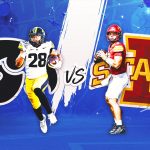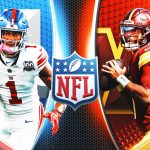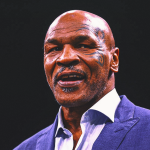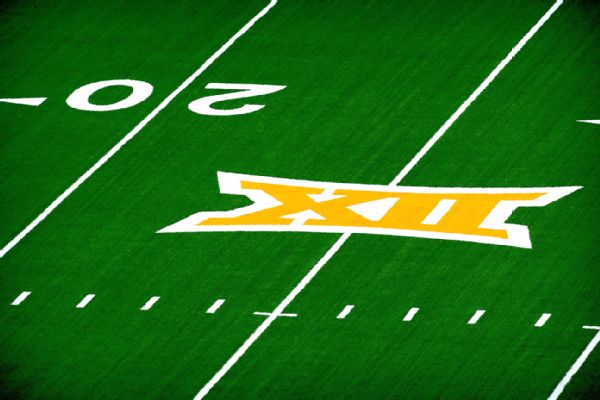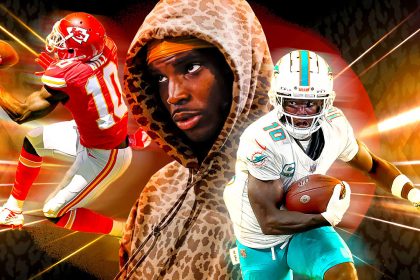
The ACC has joined the Big 12 as the second named party in House v. NCAA to vote to settle that case and related antitrust cases, sources told ESPN on Tuesday.
With those votes formalized, a path is underway to forge a new era in college sports. There will be four more votes this week: three more from the Power 5 leagues and one from the NCAA board of governors.
The ACC presidents voted in person in Charlotte, North Carolina, at their meetings Tuesday evening.
Big 12 presidents and chancellors voted virtually Tuesday afternoon to unanimously approve, with departing members Texas and Oklahoma abstaining. The 12 continuing members from this year’s conference all voted to pass.
The settlement is widely expected to pass, which will chart a new course for college sports in establishing a framework for schools to share millions of dollars with their athletes in the future and create a fund of more than $2.7 billion to pay former athletes who were not allowed to sign name, image and likeness deals.
Sources have consistently indicated to ESPN that there is little resistance on the conference level, and the NCAA is also expected to pass the settlement measure. (The Pac-12 will vote as a full 12-team league, as currently constructed, as it was when the House v. NCAA case was filed.)
Sources said Big 12 presidents and chancellors were briefed in recent days on a 13-page term sheet that contains the settlement language.
The key parts of the settlement include the NCAA paying for more than $2.7 billion in back damages over a decade, about $1.6 billion of which will be withheld from schools.
There’s also roughly $20 million in permissive revenue sharing that is expected to begin in fall 2025. This revenue sharing will give athletic departments the direct ability to pay the players, a massive paradigm shift for college athletics.
The point of the schools settling is to avoid even bigger damages down the road, which legal experts considered a likelihood considering the NCAA’s poor record in court cases.
Leagues need only majority votes to approve the settlement, and the detractors in conferences aren’t believed to have enough momentum to sway to a no vote, sources told ESPN.
But there’s still an aura of uncertainty hanging over the landscape, as school presidents are meeting both virtually and in-person this week.
On campuses, school officials are meeting and scrambling to figure out how to adjust to the new paradigms. Schools in bigger leagues need to find nearly $20 million to budget for athletes and figure out how to divide it. Smaller leagues are adjusting on how to cover costs, as the NCAA is withholding varying money from schools in all levels of Division I to cover the costs.
There’s no clarity on Title IX’s role in revenue sharing, how roster caps will work and what enforcement of NIL will look like. (NIL is expected to continue to exist in addition to the revenue sharing.)
Sources have indicated it will be at least six months until these details are worked out, likely longer. There also are expected to be several other steps before Senior District Judge Claudia Wilken can approve the settlement. All Division I athletes have the opportunity to object to the terms or opt out of the class.
Wilken also needs to hold a preliminary hearing to review the terms of the settlement. Later, she would need to consider any arguments presented against it before formally ruling on the settlement. This all projects to take months to unfold.
There are also expected to be continued asks to Congress to work toward more narrow exemptions from future lawsuits. The industry belief has been that Congress could be more willing to help college sports, as opposed to saving it, now that there is a structure moving forward that includes revenue distribution for the players.
The lawyers in the House case and two other related cases — Hubbard v. NCAA and Carter v. NCAA — are veteran antitrust lawyers Jeffrey Kessler and Steve Berman. Kessler has been at the forefront of the sports labor movement for several decades, including the O’Bannon v. NCAA case in 2014. Berman has also been involved in several antitrust cases against the NCAA, including the Alston case that the Supreme Court upheld in 2021.
ESPN’s Dan Murphy contributed to this report.

